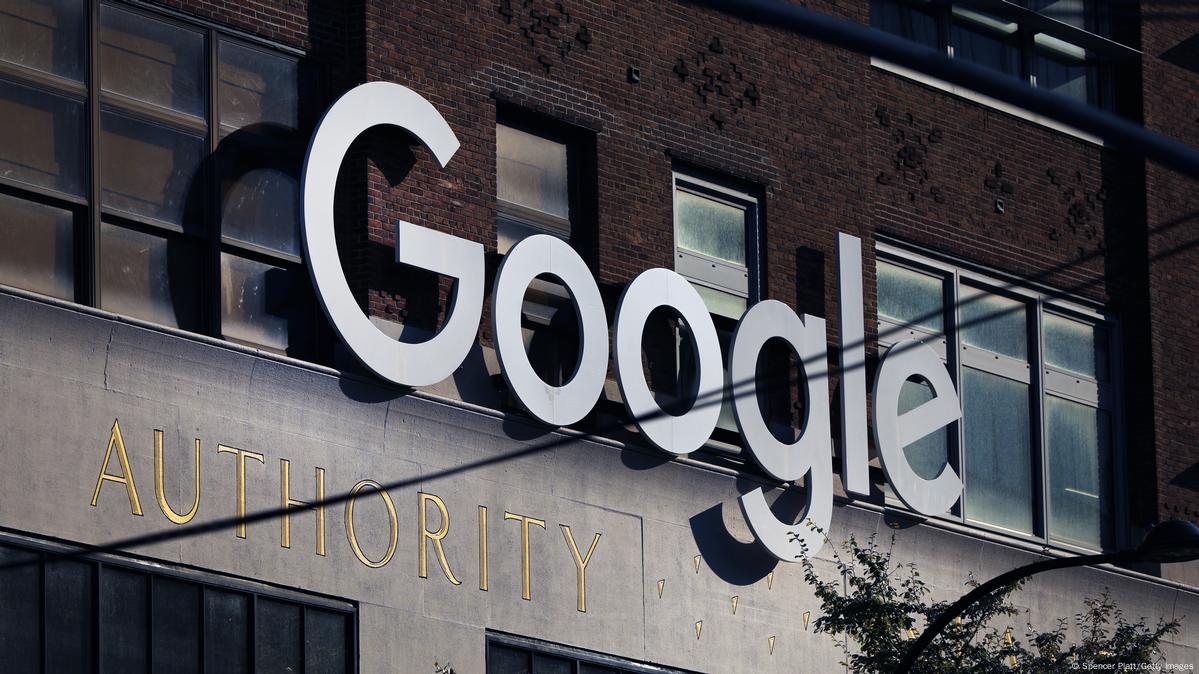FILE PHOTO: In a bustling digital world, where information flows freely across the web, tech giant Google finds itself in hot water as a group of independent publishers has lodged an antitrust complaint with the European Union. The bone of contention? Google’s AI Overviews – those handy summaries that pop up above search results, providing users with a snapshot of information without having to click on individual links.
According to a document obtained by Reuters, these independent publishers are not too thrilled about Google’s AI magic stealing their thunder. They’ve raised concerns about alleged irreparable harm caused by the search engine behemoth’s summary snippets. It’s like being invited to read the trailer but missing out on the main feature – frustrating, to say the least!
The saga unfolds as these publishers seek an interim measure to halt what they perceive as unfair competition and potential damage to their livelihoods. These AI Overviews have become ubiquitous, gracing screens in over 100 countries worldwide. With such widespread impact, any changes or additions made by Google can send ripples through the online content ecosystem.
In a move that raised eyebrows last May, Google decided to monetize this space above traditional search results by injecting advertisements into these AI-generated summaries. It was a bold step that didn’t go unnoticed by industry watchers and competitors alike.
In light of these developments, experts in the field have weighed in on the implications of this tussle between tech juggernauts and smaller content creators. Dr. Smith, a technology analyst at XYZ Research Institute comments,
“This clash underscores the power dynamics at play in the digital landscape. While Google aims to enhance user experience and drive ad revenue, publishers are rightfully protective of their content and revenue streams.”
The battle lines drawn here highlight broader debates around fair competition practices and data usage rights in an era where big tech firms wield immense influence over how information is consumed online. As governments and regulatory bodies grapple with ensuring a level playing field for all players involved, cases like these serve as litmus tests for existing antitrust frameworks.
As legal proceedings unfold and stakeholders await further developments on this front, one thing remains clear – the outcome of this dispute could shape future interactions between tech giants and content providers across various industries.
So buckle up folks; it looks like we’re in for quite a ride as we witness how this David vs Goliath showdown plays out in the ever-evolving digital arena!

